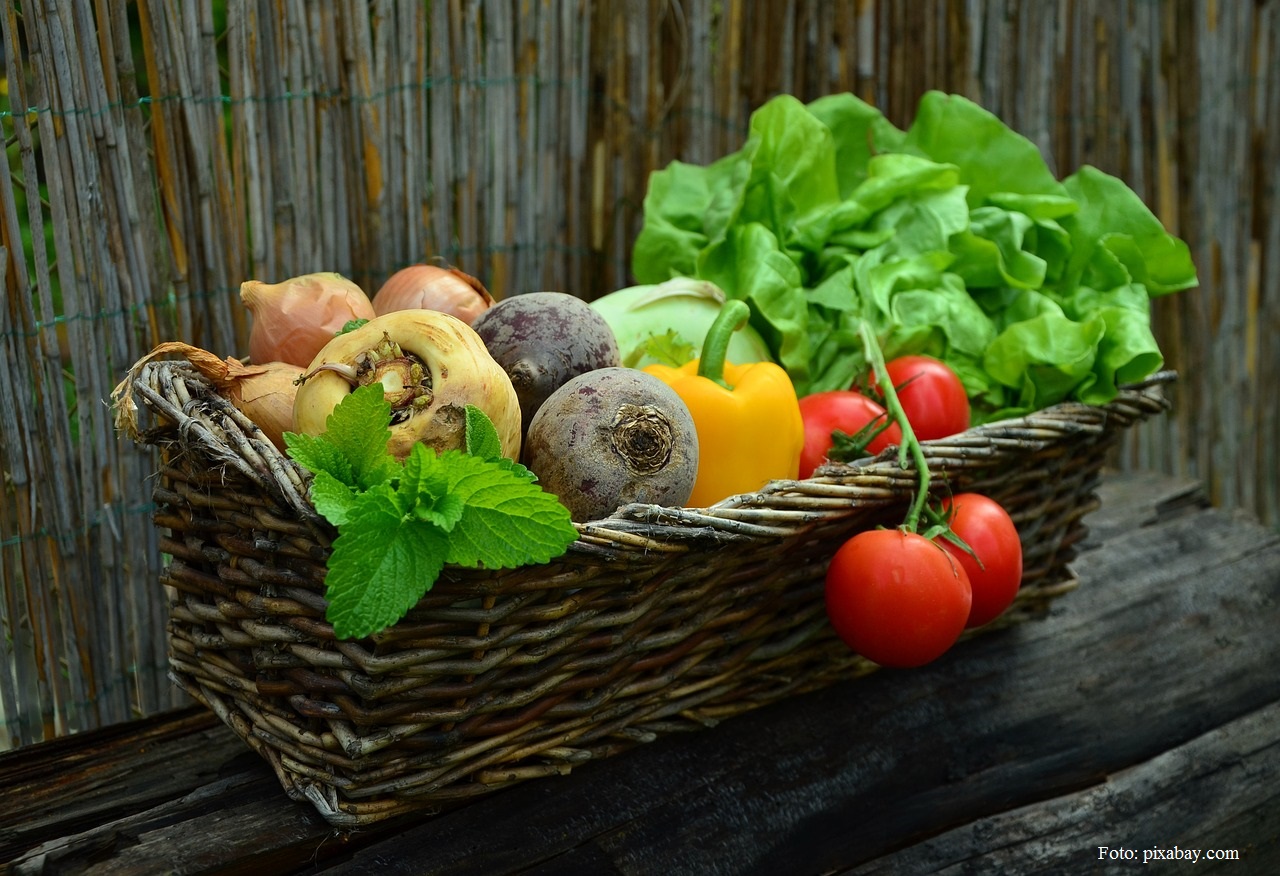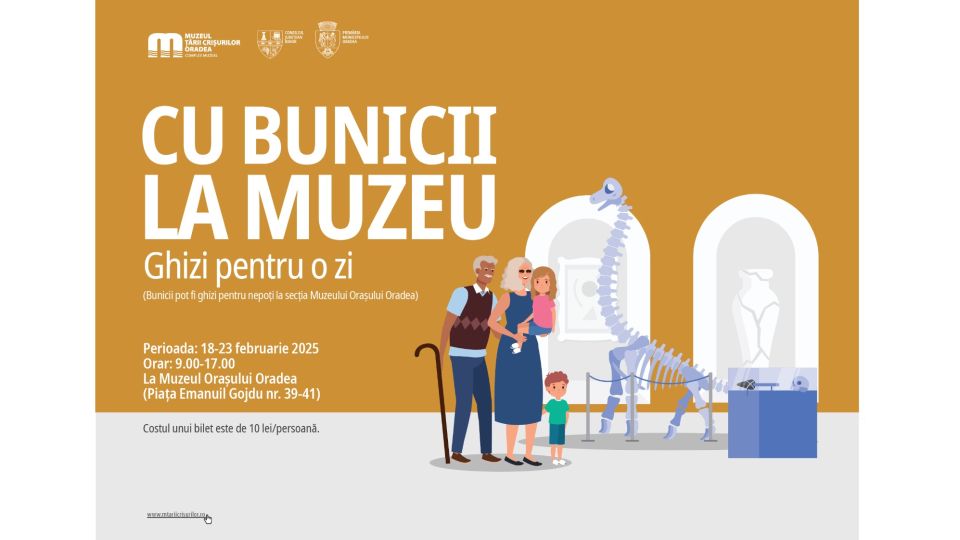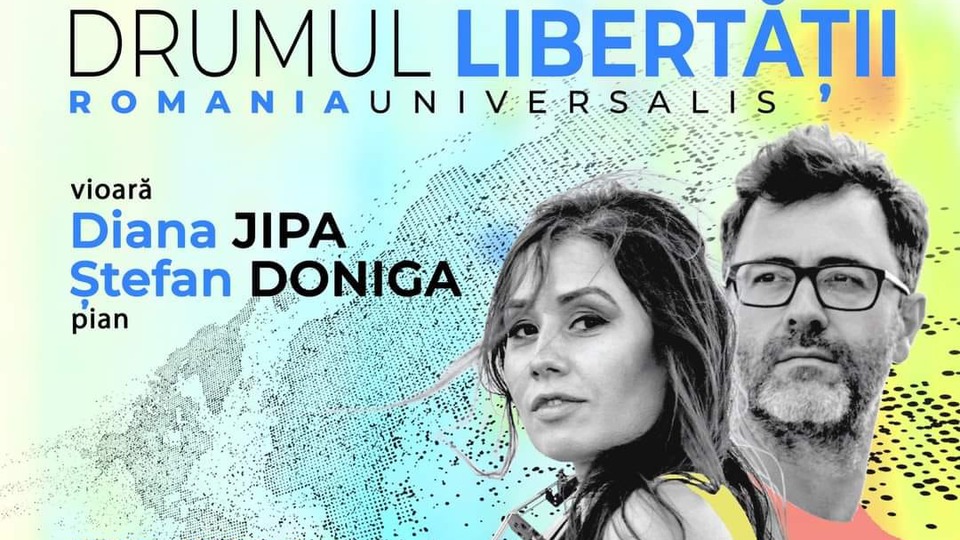Menu on hold
A social initiative patterned on a growing trend in Romania

România Internațional, 20.03.2016, 14:00
A restaurant that was no longer in use in Bucharest has recently been turned into a new type of bistro. The tables brought from old abandoned Saxon homes in Transylvania, the simple decorations and bright atmosphere give a homey air to a place that set out to include a social component as well, in that it is a bistro that offers lunch to homeless people. In fact, the motto of one of the cooks is posted on the bistro windows: “Come eat here, otherwise well both starve. The initiator of the “menu on hold project, Mona Brătescu, told us more about how it all started:
“It is a project that we have taken over from abroad and adapted to our context. It was born in the streets of Naples, and basically it is about clients who come and buy menus from our bistro for underprivileged people of any kind, from homeless people to old people with very low incomes to families with many children and so on. We make no discriminations, whoever comes asking for something to eat gets free food.
This is an initiative designed to protect the poor, and it was implemented with generosity and modesty, as Mona Brătescu explains:
“Certainly there are other bistros that do the same, and this is a good thing, we need more people doing that. We simply heard about this initiative and decided to join it, it just came natural. We had people coming here begging for some food, so we thought we ought to do more about it. The only problem we had was the local legislation, more specifically the fact that a company cannot accept donations. So it was hard to do something for these people and at the same time to keep everything legal. The solution we came up with was to sell these menus for the cost price, with a really small margin added, because selling anything without a profit margin is also against the law, we give them receipts, we pay taxes, its all nice and legal. All it takes is a little foresight, you must cook slightly larger amounts every day, but its really very easy for a restaurant to do that.
The bistro serves organic dishes, with high quality ingredients used in exceptional recipes, sold at decent prices. That was the business philosophy of the project initiators. According to Mona Brătescu, after obtaining the required permits to open the bistro, the hardest thing was to find suppliers:
“In principle we try to rely as much as possible on local producers, except for those products and ingredients that have to be imported. We always cook three types of meat-based menus and a vegetarian one. The vegetarian menu is in high demand, apparently vegetarians in Bucharest dont have that many choices. We cook veal, pork and chicken, and two deserts. We always have a soup, three meal-based main courses and the vegetarian menu, plus a desert on the house.
The bistro used social media, especially Facebook, to improve its popularity. Here is Mona Brătescu again:
“At first we only planned to serve lunch to the corporate employees who work in the area, because they dont have the time to cook at home or to spend a lot of time over lunch during the week. But now we have people coming to eat here from the other side of the city, and its precisely because they want to buy menus on hold. So people will do something nice for others, given the opportunity. Our most efficient communication channel is our Facebook account. A lot of people supported our initiative, and we always post the receipts and report how many menus we have provided to how many people and so on. We currently offer around 10 menus per week, from individual donors, and often people show up out of the blue and donate lots of menus. We even had a client, when we started out, who bought 100 menus, just in order to encourage the initiative, and then bought another 15 and then 25 and so on.
Mona Brătescu also told us that their choice of dishes varies from traditional to modern. For instance, for Easter they are going to cook lamb and serve painted eggs, but they will also cook more exotic dishes. Mona Brătescu also spoke about other aspects related to this growing project:
“The project has another very important element, namely the elimination of social barriers, in other words, very different people can share lunch, a student, a corporate worker, a single mother with low incomes or a homeless person. We plan to have deliveries by bike, which are no longer available in Bucharest, to collect oil for recycling, we try to become a hub for all these great projects that are happening right now.
(Translated by Ana-Maria Popescu)






























